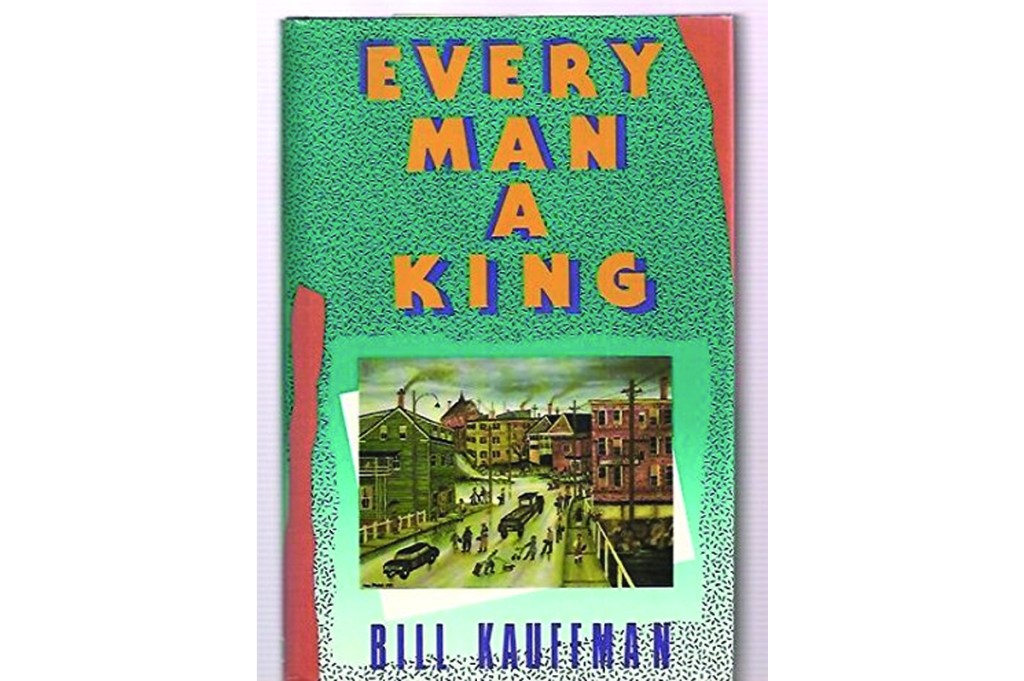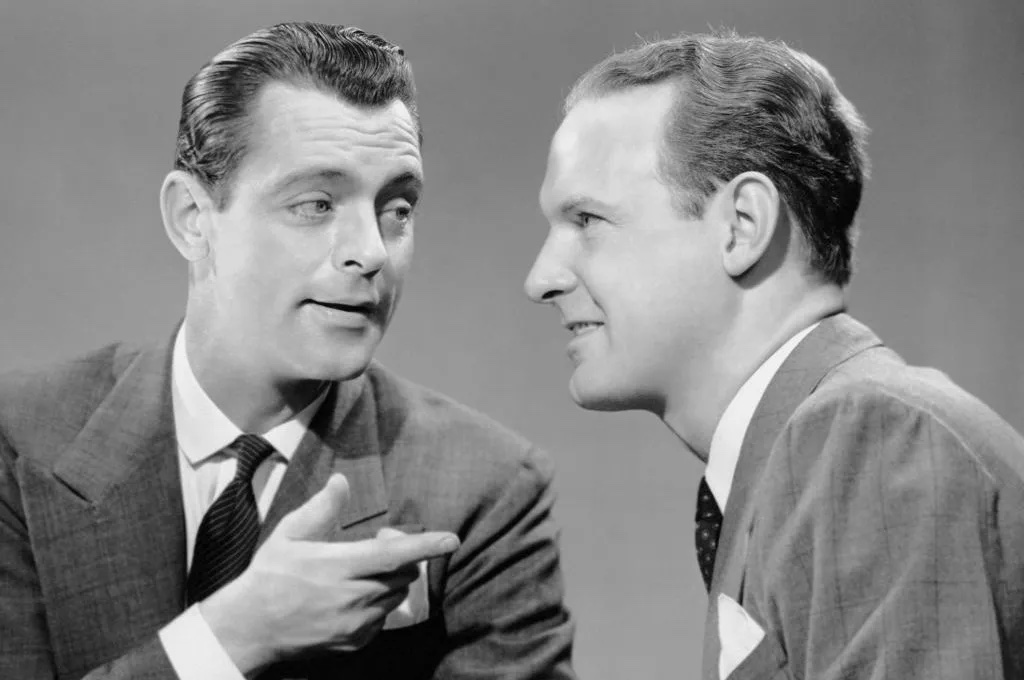Batavia, New York
The 30th anniversary of the publication of my first and only novel, Every Man a King, has passed, so I guess the trigentennial Festschrift must have fallen through. Shucks. These decennial letdowns are enough to make a man doubt the existence of Google. But Moby-Dick wasn’t squeezed into the canon until the centenary of Herman Melville’s birth, so I got nothin’ but time.
I had called the manuscript ‘Fortunate Son’ after that chugging anthem of defiance and resentment by Creedence Clearwater Revival, but the legendarily nurturing editor Laura Chapman Hruska of the great Soho Press retitled it Every Man a King, from the splendidly egalitarian slogan of the rantipole 1930s Louisiana populist Huey Long, for whom I have a very soft spot despite his, shall we say, flaws.
I cringe now to recall the great expectations surrounding the book’s parturition. I had wanted my first (presumptuous adjective!) novel to be published when I was 28 or 29, as had been the case with Sinclair Lewis, Frank Norris, Thomas Wolfe, Jack Kerouac and others whose company I aspired to keep. I was also under the spell of Crumbling Idols (1894), Hamlin Garland’s stirring if long-forgotten manifesto of populist regionalism, with its emphatic conclusion: ‘Provincialism (that is to say, localism) is no ban to a national literature.’
Oh, I was bound for glory, all right. My ever-indulgent aunt, Jane (never ‘Aunt Jane’ — that made her sound old), suggested that my family take ‘coping lessons’ in order to deal with my impending fame. These proved quite unnecessary and in the three decades since, my master plan to avoid fame and fortune has worked to perfection.
Upon receipt of the box of author’s copies, I marched over to the house in which I grew up and presented a signed book to my parents. All that early promise…redeemed! My mother opened it, began reading and, upon reaching a rather too explicit sex scene within the first six pages, burst into tears. My hurried protestations that I knew nothing of such matters and had only heard about them from ‘some guy’ were unavailing.
The plot concerned a boy from the sticks of Upstate New York who briefly shines in Washington before an unforgivable televised slip of the tongue chases him back home, where he must live among the common folk he had, in exile, idealized. The novel was in no wise autobiographical, but I learned to my discomfort that all fiction is assumed to be thinly disguised, if occasionally embellished, memoir. I had to spend a solid year assuring readers that I did not prematurely ejaculate. Boy was that ever embarrassing. And Laura, my preternaturally wise editor, once asked my wife over the phone, ‘Are you Wanda?’ — a reference to the slattern with whom the protagonist takes up. Yikes!
Prepublication trade reviews were quite good, and commercial hopes skyrocketed when Soho learned that Jonathan Yardley, then the nation’s leading book reviewer, was to feature it in the Washington Post. Alas, Yardley adjudged the first half of the book sparkling satire, the second half soggy sentiment. So much for an Emersonian ‘I greet you at the beginning of a great career’ blurb. But that’s us localists: sodden simpering saps. In any event, the book was commercially DOA. Like Delmore Schwartz, I had a blind date with reality. Into the hands of discerning posterity do I commend my novel.
Still, it’s had an afterlife, however wraithlike. When a movie producer called to inquire about a collaboration, I brushed him off as if I were Henry James and he were a patent medicine salesman asking me to write copy for his liver pills. What sort of money-grubbing middlebrow vulgarian do you take me for, sir?!
A decade or so later, my friend Peter Dzwonkoski, then director of Rare Books and Special Collections at the University of Rochester library, invited Jonathan Yardley to speak at the university upon the appearance of Misfit (1997), his biography of my fellow Upstater Frederick Exley, whose papers Peter had purchased. Peter thought it might be fun to introduce critic and wronged writer. I suppose if I’d been some 1920s drunken dukes-up made-wiser-by-my-experience-in-the-Great-War poseur I’d have made a gin-soaked scene. But I’m an admirer of Yardley’s and a forgiving sort. Hey, we all have off days.
Long after its publication and disappearance into Remainder Valley, Every Man a King was proclaimed by the New York Sun the best political satire of the 20th century. But the Sun, as suns will do, soon set.
So now, trudging across that long desert that separates enfant terrible from éminence grise — a friend of saturnine disposition calls it Les Misérables — I look forward to the quadragennial celebration in 2029. I’m sure I can dig up those coping lessons somewhere.
This article is in The Spectator’s January 2020 US edition.

























